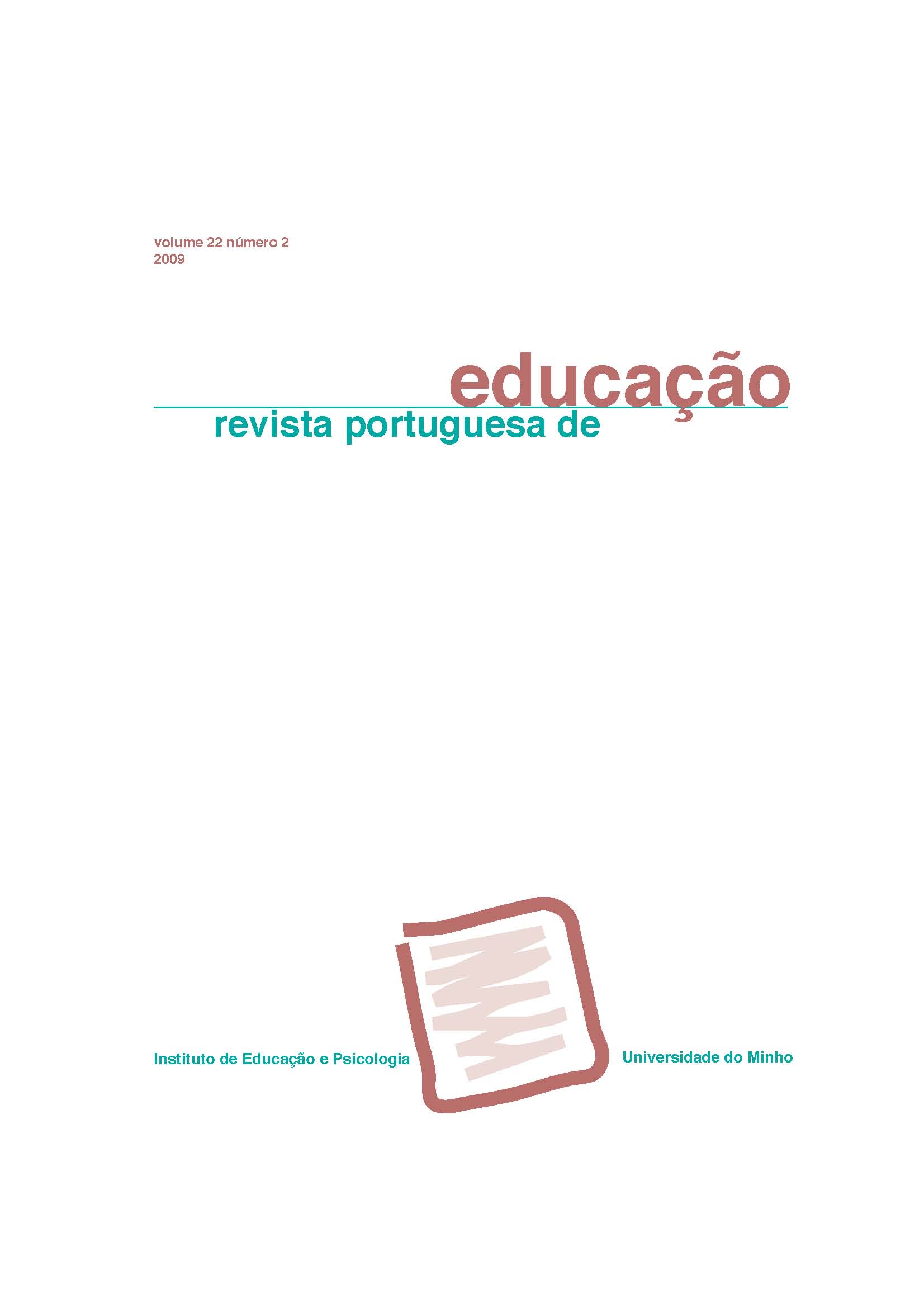Reflexões sobre o não-escolar na escola e para além dela
DOI:
https://doi.org/10.21814/rpe.13966Abstract
Admitindo-se que a escola pública está em transformação, particularmente no que respeita à (re)definição das suas funções sociais e à sua expressão na estruturação do quotidiano das crianças e dos jovens, partimos para esta reflexão alimentados pela convicção de que é possível compreendê-la pela deambulação crítica entre as suas fronteiras e ao mesmo tempo estabelecer pistas de análise sobre as relações que esta instituição estabelece com outras instâncias educativas. A implementação de medidas políticas como a "escola a tempo inteiro" surge neste texto como a alavanca reflexiva para se pensar as possibilidades educativas que se esboçam entre o escolar e o não-escolar, tanto nos espaços e tempos escolares como para além deles. Não deixaremos também de problematizar a crescente centralidade da cultura escolar na construção e na definição de percursos, estratégias e experiências de educação (não-formais e informais) nos distintos quadros de vida dos alunos.
Palavras-chave: Educação escolar e educação não-escolar (não-formal e informal); Percursos educativos; Escola a tempo inteiro; Periferias educativas
Downloads
Downloads
Published
How to Cite
Issue
Section
License
1. The authors preserve their authorship and grant the Portuguese Journal of Education the right to the first publication. The work is licensed under Creative Commons Attribution License that allows sharing the work with the acknowledgment of initial authorship and publication in this Journal.
2. The authors have the right to take additional contracts separately, for non-exclusive distribution of the published version of their work (e.g. to deposit in an institutional repository or as a book chapter), acknowledging the initial authorship and publication in this Journal.
3. The authors have the permission and are stimulated to post their work online (e.g. in an institutional repository or on their personal website). They can do this at any phase of the editorial process, as it may generate productive changes, as well as increase impact and article citation (see The Open Citation Project).
The work is licensed under Attribution-ShareAlike 4.0 International (CC BY-SA 4.0)




















